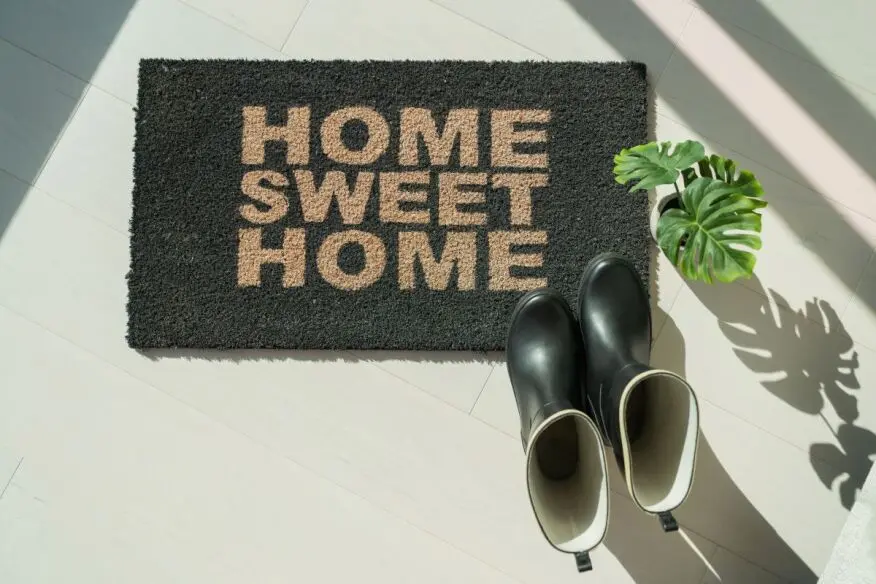Although declining from its peak of 13.4 years in 2020, the typical U.S. homeowner is staying in their residence longer than they did nearly two decades ago. According to a new report from Redfin, homeowners are spending 11.9 years in their homes compared with 6.5 years in 2005.
This trend of longer homeowner tenure is largely due to baby boomers aging in place. Almost 40% of boomers have lived in the home they own for at least 20 years, and another share of 16% have lived in the home they own for 10 to 19 years. More than one-third (35%) of Gen Xers have lived in the home they own for at least 10 years.
In contrast, less than 7% of millennials have lived in the home they own for 10 years or longer; 13% for five to nine years; and 30% for less than five years. This could be due to millennials typically staying in homes for shorter periods because they’re younger and partly because they switch jobs more than older generations.
Largely because the oldest Gen Zer was 26 in 2023, nearly all the age group who own a home have had it for less than five years.
Because boomers and Gen Xers are most likely to own homes at 80% and 72%, respectively, the two generations are having an outsized impact on the overall housing market, contributing to the inventory shortage. While the homeowner tenure has declined slightly each year since 2020, Redfin expects homeowner tenure to stay flat or increase slightly for the foreseeable future especially as homeowners who locked in to lower mortgage rates during the pandemic have little incentive to move.
This story appeared in Builder Online







